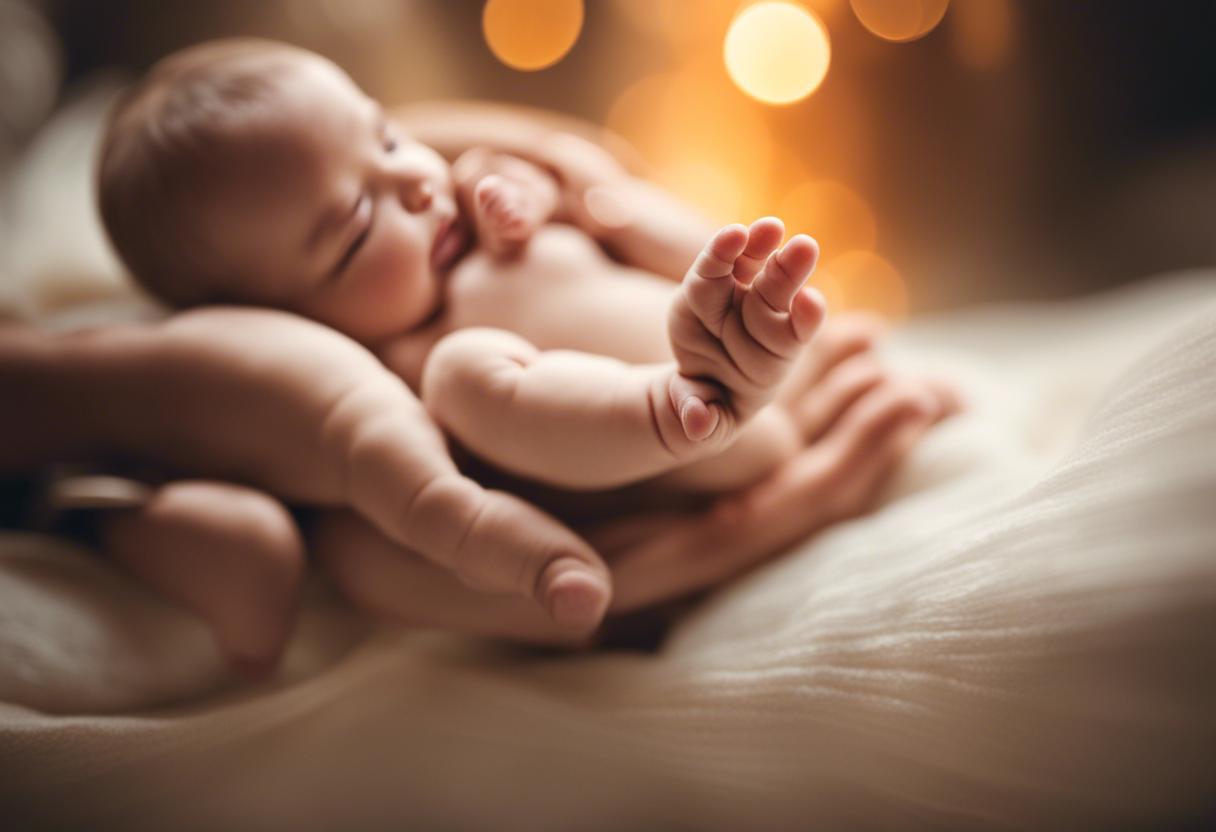The joy and anticipation brought by the birth of a new child often come with supplementary expenses. When it’s multiple births, like twins or triplets, the emotional rush, as well as the financial pressures, amplify. In the mid-19th century, a discretionary payment known as the Royal Bounty was introduced for mothers who had triplets or even more babies in one childbirth.
This financial aid was especially favourable amongst Irish mothers, as it was funded by the British royal’s private earnings, the privy purse. Queen Victoria was inspired to establish this provision, in 1849, after hearing about an impoverished Irish woman who had triplets.
The Royal Bounty, also known as Queen’s or King’s Bounty, depending on the ruling monarch, was purposed to ease parents from sudden incurred expenses. The qualification requirements for the Bounty included parents being in financial need, married British subjects and the survival of the children after birth.
In the 1800s, majority of women went through childbirth at home, assisted by ‘handy-women’ – individuals who, despite lacking formal medical training, had gained childbirth knowledge from elder women or through their experiences.
Applications for the Bounty poured in from different regions of Ireland and Great Britain. One notable applicant was a Cork labourer’s wife who bore quadruplets in May 1864. One offspring didn’t survive, but the surviving triplets made her eligible for a £3 reward, £1 per child. She was known to reside in an inconspicuous lane in the vicinity of Barrack Street, Cork.
However, there were instances when applications were rejected if one or more newborns did not survive. Mrs Sharpe from Lincolnshire experienced this disappointment in late 1866, after giving birth to triplets. Her medical attendant contested her case, but to no avail, because not all offspring survived. In a similar vein, Julia Daly, a 24-year-old married to a travelling cutler, was declined the payment in February 1868 after two of her triplets, born at Cashel workhouse in Co Tipperary, did not make it.
Occasionally, expectations arose for a greater payment amount, particularly for the labourer, Patrick Hand and his spouse from Malahide, Co Dublin. In October 1870, Mrs Hand delivered three male infants, an occasion that reportedly hadn’t occurred in 33 years. Because of this exceptional occurrence, there was hope for an increased sum from the customary £3.
By 1875, a woman by the name of Mrs Crawford from Drogheda, Co Louth, was blessed with triplet babies – two daughters and a son. Her husband, Joseph Crawford, was a journeyman carpenter whose family lived in poverty. The bounty money was regarded as a much needed and timely assistance per a newspaper headline.
Another tripling case surfaced in August of 1876, when Mrs McElligott from Tralee, Co Kerry, bore three infants and received her £3 bounty. In March 1881, another woman in Tralee, married to a bailiff named Connor, had twin boys and a girl who all survived. She intended to apply for the Queen’s Bounty.
However, fraudulent claims made their way in, as with the case of a payment to a non-existent Bridget O’Toole from Naas, Co Kildare, in July 1881. The claim, made by a Dr Smith, was later discovered to be a scam.
News was received in January 1883 from the Abbey area of Limerick city, where a woman known as Mrs Connors gave birth to three healthy infants and was predicted to apply for the Queen’s Bounty.
In other cases, there was community support to compensate for the lack of bounty, like with the Belfast widow, Mrs Chambers, a mill worker whose husband, a former quay labourer, had died. She gave birth to triplets in early 1887. A local community fund was initiated to assist the family, as they planned to apply for the Queen’s Bounty.
Around Dowra village bordering Leitrim and Cavan, a woman identified as Mrs Corrigan became a mother to quadruplets born in March 1887.
Over the years, multiple pleas were filed, with the last successful appeal from Ireland registered in 1940. One such tale is that of a poverty-stricken family who couldn’t afford a bed sheet, forcing their children to lay on straw beside the hearth, sheltered only in scraps of fabric. Their landlord, in an act of generosity, pardoned a year’s worth of rent to assist in the upbringing of the newborns. The physician who assisted in birthing the infants sought the Queen’s Bounty on the struggling family’s behalf.

